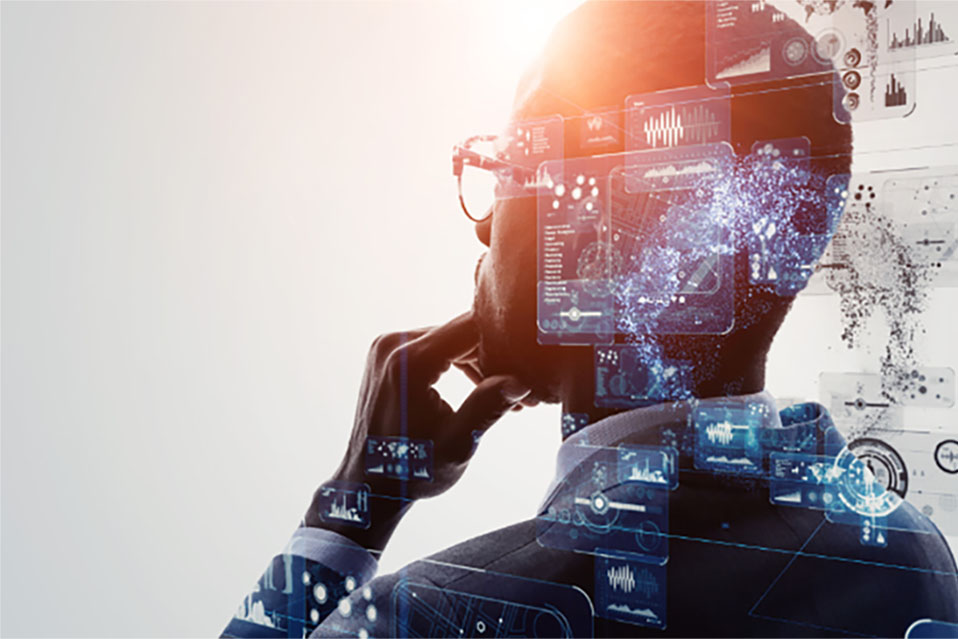
AI: a boost for Africa’s economic growth
Artificial intelligence could boost African economic growth by almost 5 percentage points by 2035, according to a study by PwC. In an optimistic scenario, this would be equivalent to an extra point of growth per year: a level comparable to the impact of the Industrial Revolution in the 19th century.
But this effect is not automatic. Without clear governance, public confidence and regional cooperation, the gains fall off: just 1% growth in the most pessimistic scenario.
So the challenges are as great as the promises. For, according to PwC, six out of every nine sectors in Africa are currently undergoing radical change. Companies are being pushed to reinvent themselves, to cross sectoral boundaries and invent new value chains. An emblematic example: electric mobility, where battery manufacturers, energy operators, start-ups and automakers now rub shoulders.
Behind this transition, *$150 billion in revenues are expected to change hands on the continent by 2025. A redistribution accelerated by AI, but also by global customs pressure and the need to respond to climate change.
The other side of the coin is the impact of climate. PwC anticipates that physical damage from climate change could reduce African GDP by more than 12% by 2035, all scenarios considered.
Clearly, AI alone will not be enough to offset climate losses, but it can play a key role if used to improve energy efficiency. According to PricewaterhouseCoopers, every 1% additional use of AI would need to be accompanied by a 0.1% drop in global energy intensity to remain emissions-neutral.
AI could therefore be an engine of growth… provided it doesn’t become a gas pedal of inequality or ecological drift.
source: Africa24

